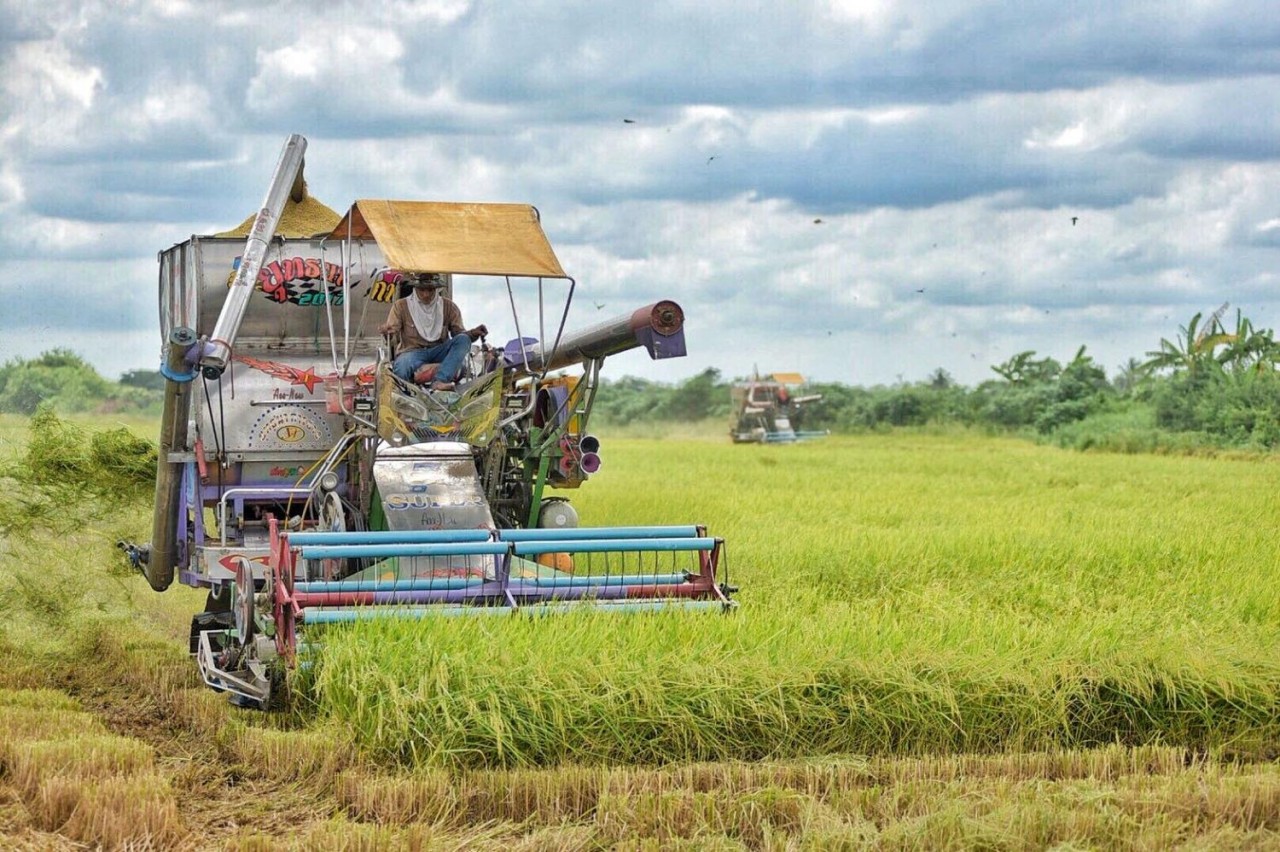 |
Thailand is making efforts to apply technology and convert to smart agricultural production. Illustrative photo. (Source: Bangkok Post) |
Recognizing the importance of rapidly promoting the use of digital technology as a key tool for socio-economic development, the Thai government has long adopted a policy to promote the digital economy.
As a country considered to have accelerated the digital transformation process, Thailand aims to grow its digital economy by up to 50% by 2030.
Thailand is one of the fastest growing digital economies in Southeast Asia in recent years. The digital economy is expected to create about 60 million new jobs for Thai people in the coming years. The government has introduced incentives to support high-tech industries.
In late 2022, Thailand’s then Prime Minister Prayut Chan-ocha called on ASEAN member states to cooperate and promote digital initiatives to create a better environment for digital business expansion. To achieve this goal, Thailand considers investment in upgrading digital infrastructure a must.
“Thailand 4.0” Strategy
The Thai government is implementing policies to support infrastructure development towards the “Thailand 4.0” Strategy, through promoting investment in digital and telecommunications infrastructure. The “Thailand 4.0” Strategy is an economic model that aims to transform Thailand from an industrial-driven country to a high-tech-driven country.
This strategy was launched by the Thai government with the ambition to build a digital society and economy, helping the country become a “digital leader”. In particular, Thailand focuses on increasing the use of digital technology in all socio-economic activities, such as developing infrastructure, data, innovation, human resources and other digital resources to bring the country to stability, prosperity and sustainability.
According to a government official, the advancement of the innovative digital economy will link all industries and enable people to use digital technology, especially the development of digital infrastructure through new technologies such as 5G, cloud computing, big data and artificial intelligence (AI) to bring development opportunities to all industries.
To implement the above strategy, the Ministry of Digital Economy and Society of Thailand has implemented digital infrastructure development projects across the country, especially the installation of high-speed Internet lines to all villages. Leading telecommunications service providers in Thailand including AIS, DTAC and True have quickly deployed 5G coverage nationwide, currently covering 80% of the population.
With digital technology, Thai people have access to public services, online information, healthcare services, and distance education, and at the same time help to partly eliminate social gaps.
Thailand is a leader in digital adoption in Southeast Asia and was also one of the first countries in the region to commercially deploy 5G. Thailand is also helping to expand digital infrastructure networks to neighboring countries such as Laos, Cambodia and Myanmar.
Innovation in agriculture
Agriculture is one of Thailand’s key economic activities. The country has always been among the world’s largest rice exporters and is considered the “tropical fruit basket” of Southeast Asia, but the agricultural sector only contributes about 8-9% to the gross domestic product (GDP).
Aiming to become a major food supplier to the world, Thailand is making efforts to innovate its agricultural sector to improve farming methods, including increasing the productivity and value of agricultural products, as well as promoting skill building for farmers in the transition to smart agriculture.
However, Thai agriculture is also facing a number of challenges such as an aging population, a high rate of indebted farming households, a low rate of organic farming (without the use of chemical fertilizers), and vulnerability to the impacts of climate change and natural disasters.
The Thai government has identified four main directions for the country’s agricultural development: implementing the Bio-Circular-Green economic model in agriculture and increasing productivity through large-scale farming; encouraging the development of high-value vegetables, fruit trees and crops for export; encouraging the growth of plant-based food crops to support future food security trends; and increasing the proportion of farmers using online technology.
From these orientations, in recent years, the Thai government has implemented many measures, especially in conjunction with the private sector in the field of technology development to help farmers innovate agricultural practices in a modern, sustainable and highly competitive direction.
It can be said that Thailand's agricultural capacity has now developed significantly thanks to the government's policies, initiatives and support, along with the active response and participation of the private sector. The cooperation between partners has helped to mitigate the negative impacts caused by weather and natural disasters, reduce costs, increase output and product quality, create sustainable income, thereby helping to improve the lives of Thai farmers.
With the knowledge of technology they have learned, many Thai farmers have learned how to use and analyze data to plan and design more effective farming management to reduce manual labor, increase productivity and accuracy, cut costs, thereby creating a sustainable source of income.
The global economy is forecast to be 50% digital by 2025. With relentless efforts, it is certain that the Land of the Golden Pagoda will soon achieve the goal of increasing its digital economy to 50% by 2030.
Source






![[UPDATE] April 30th parade rehearsal on Le Duan street in front of Independence Palace](https://vstatic.vietnam.vn/vietnam/resource/IMAGE/2025/4/18/8f2604c6bc5648d4b918bd6867d08396)
![[Photo] Prime Minister Pham Minh Chinh receives Mr. Jefferey Perlman, CEO of Warburg Pincus Group (USA)](https://vstatic.vietnam.vn/vietnam/resource/IMAGE/2025/4/18/c37781eeb50342f09d8fe6841db2426c)
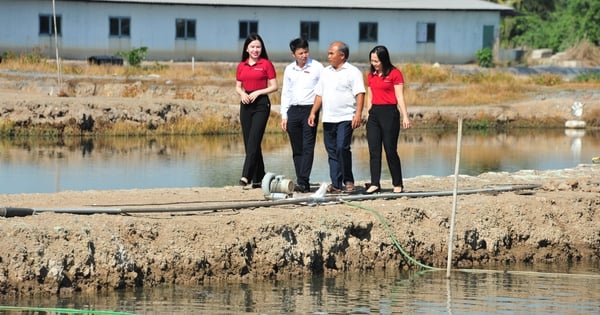

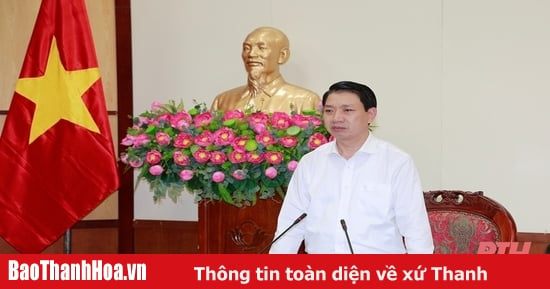

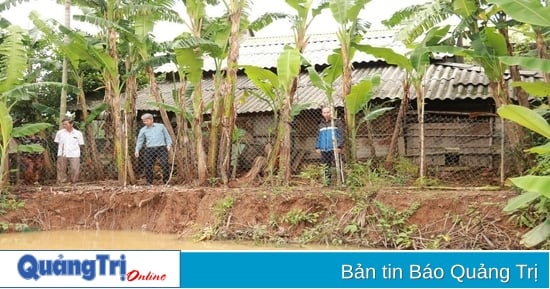
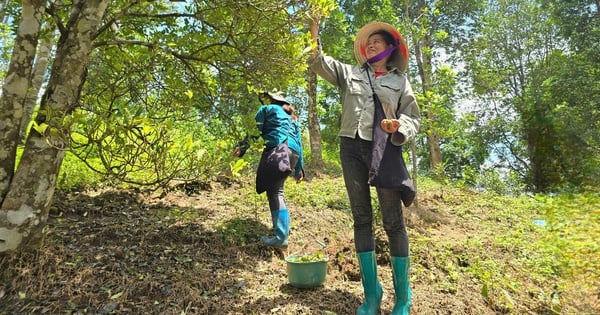

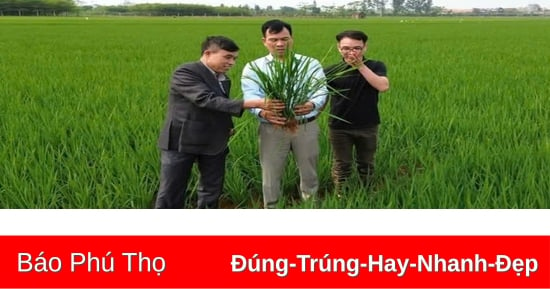
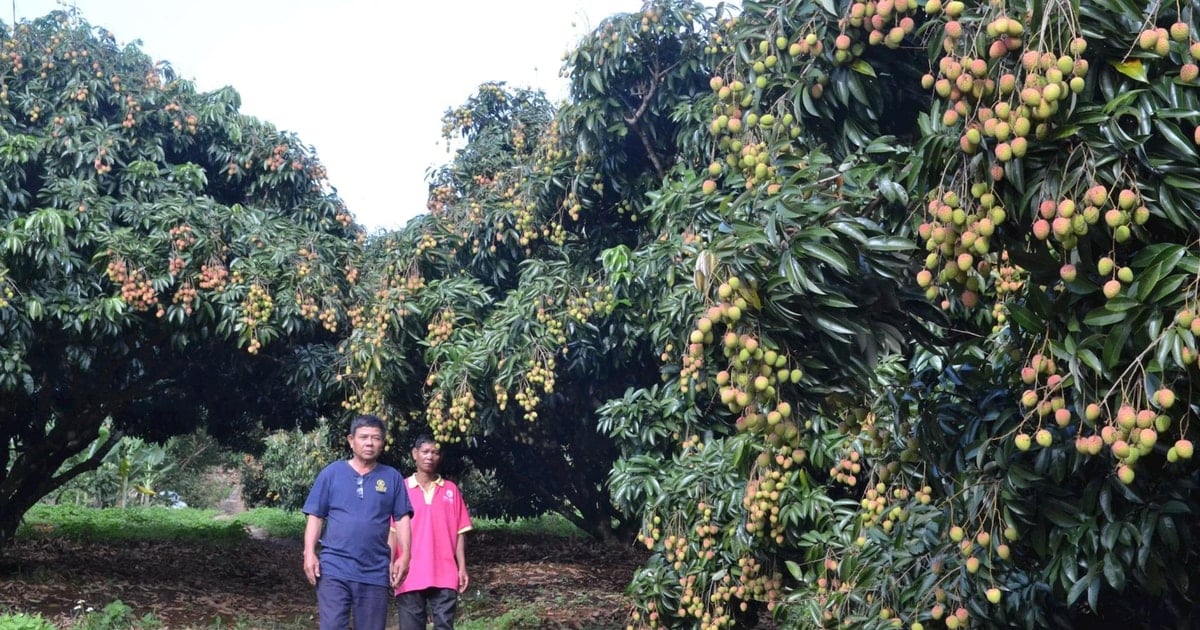

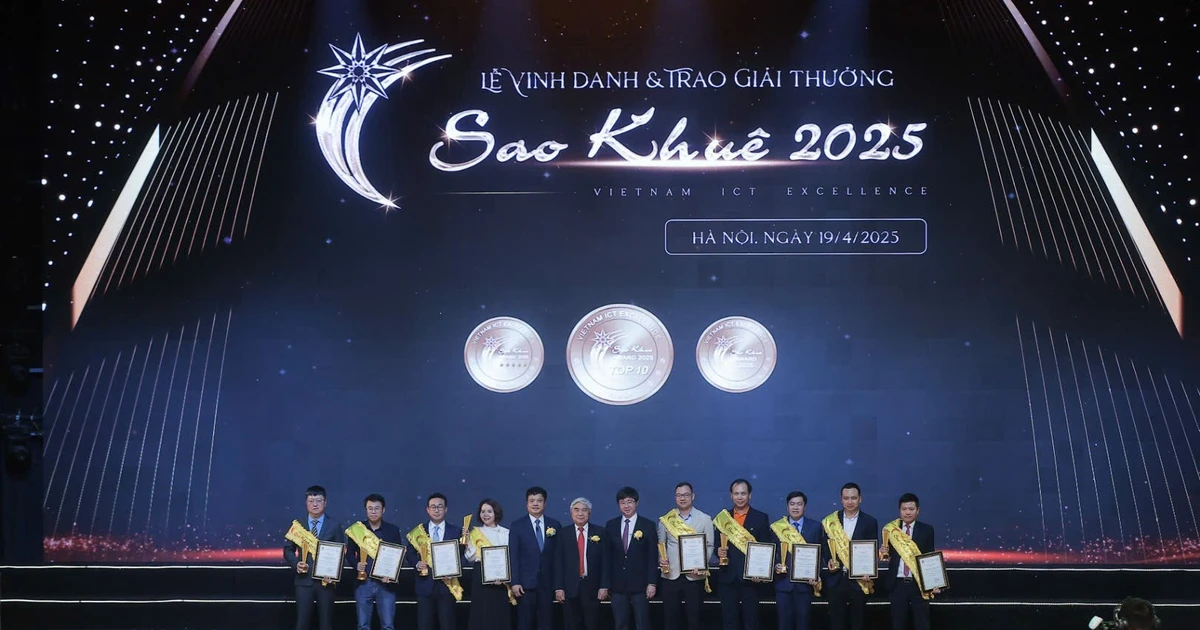

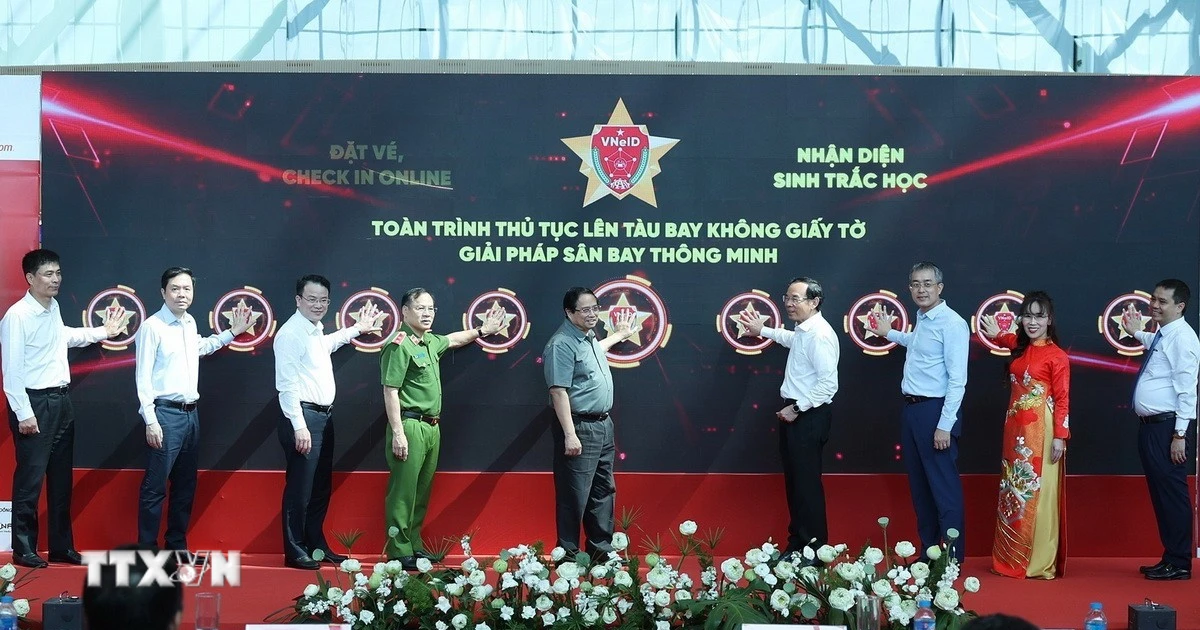









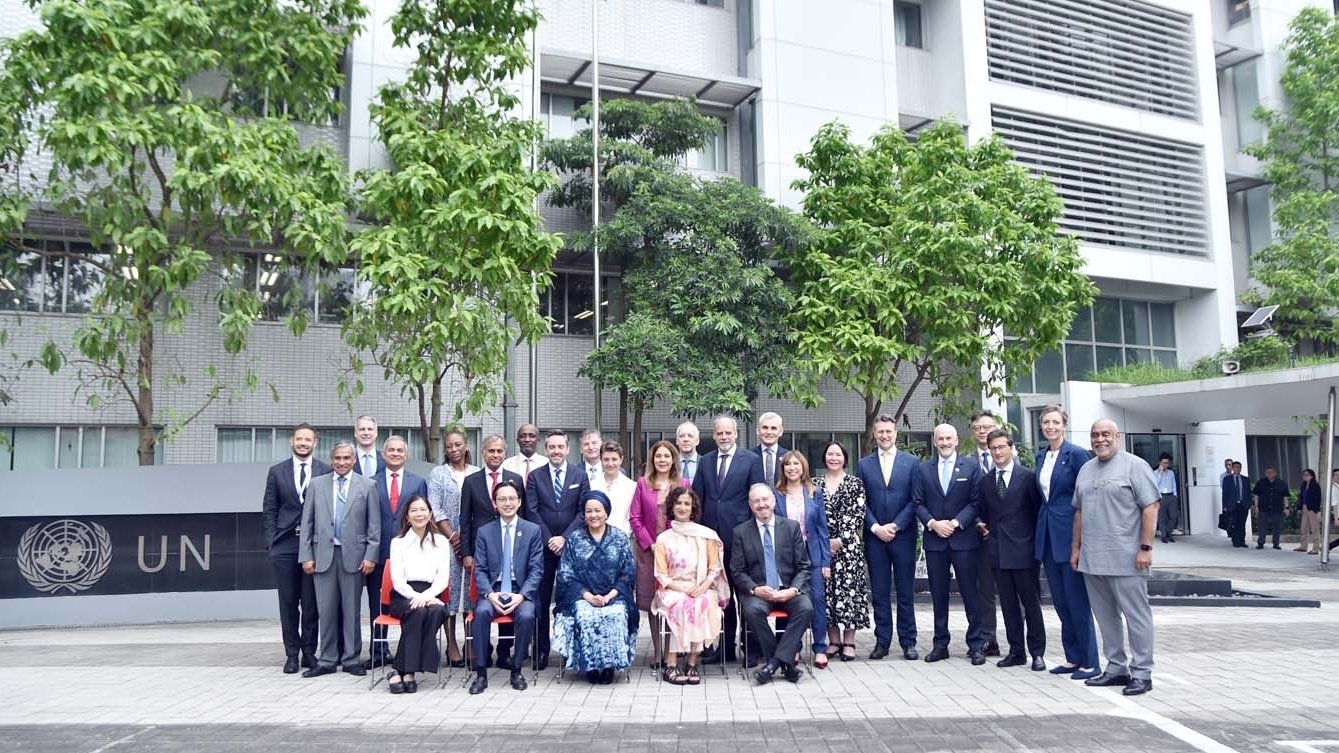

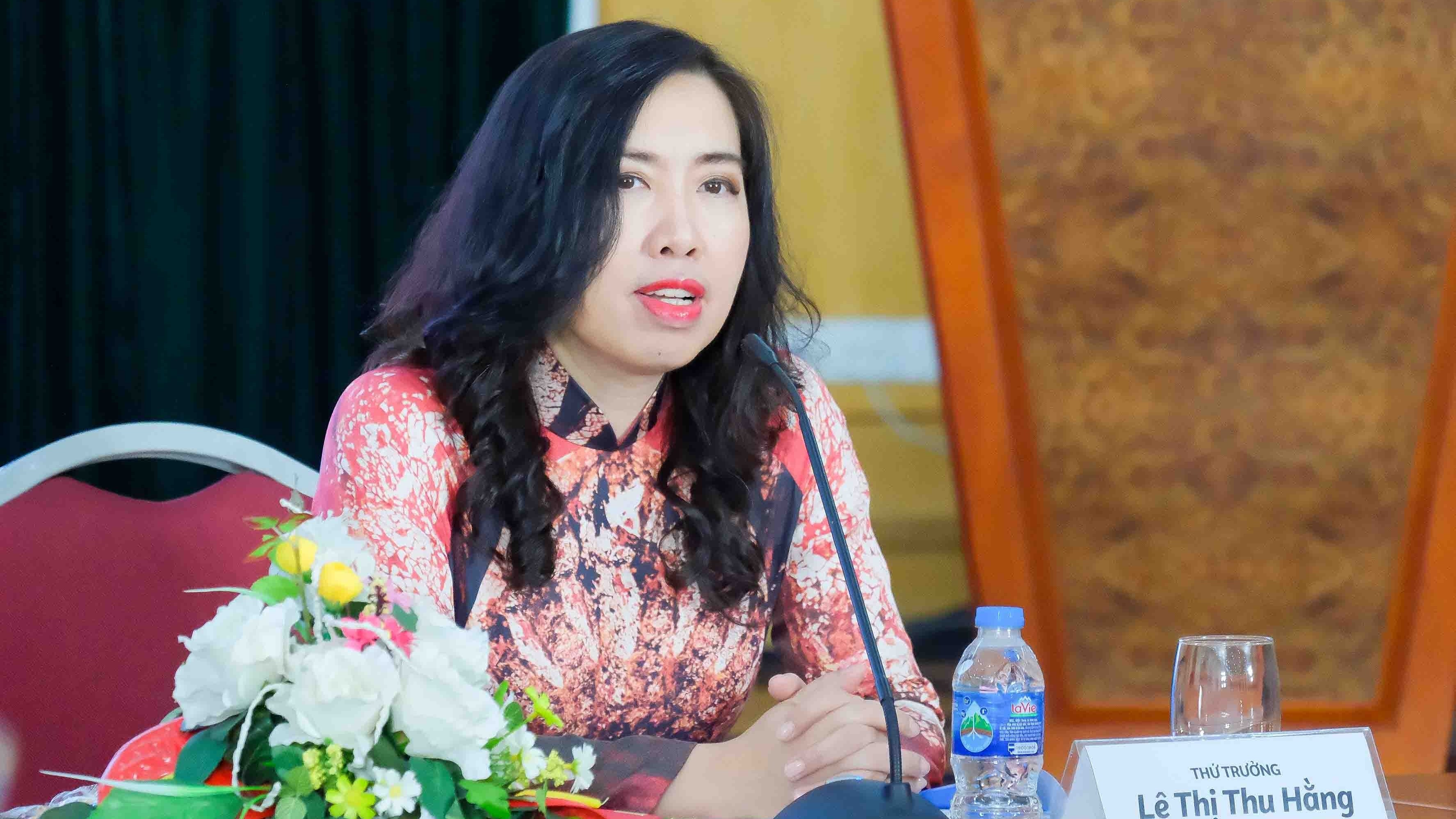


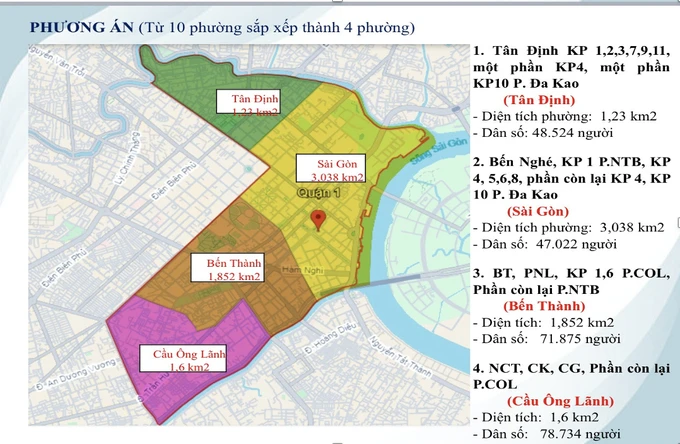





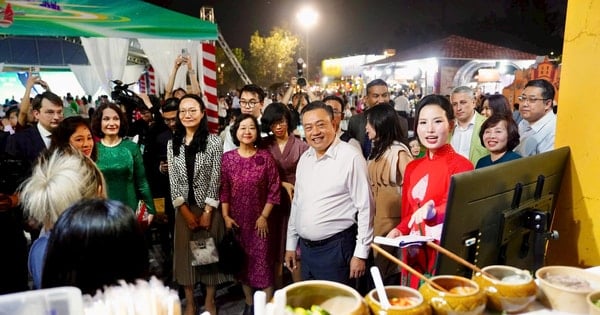

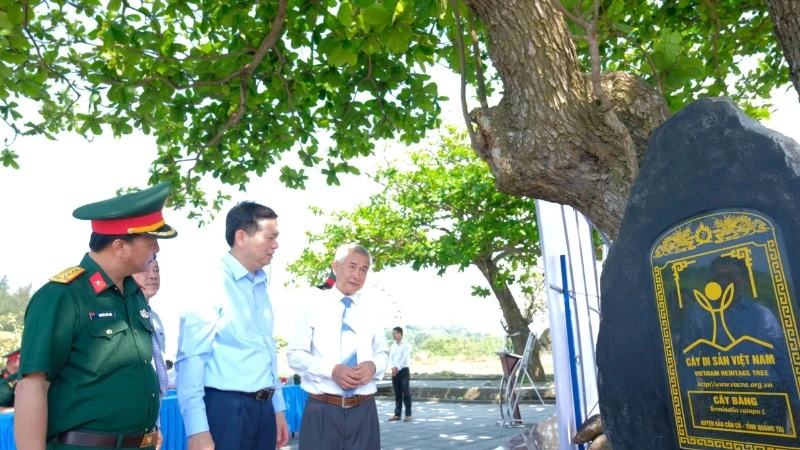















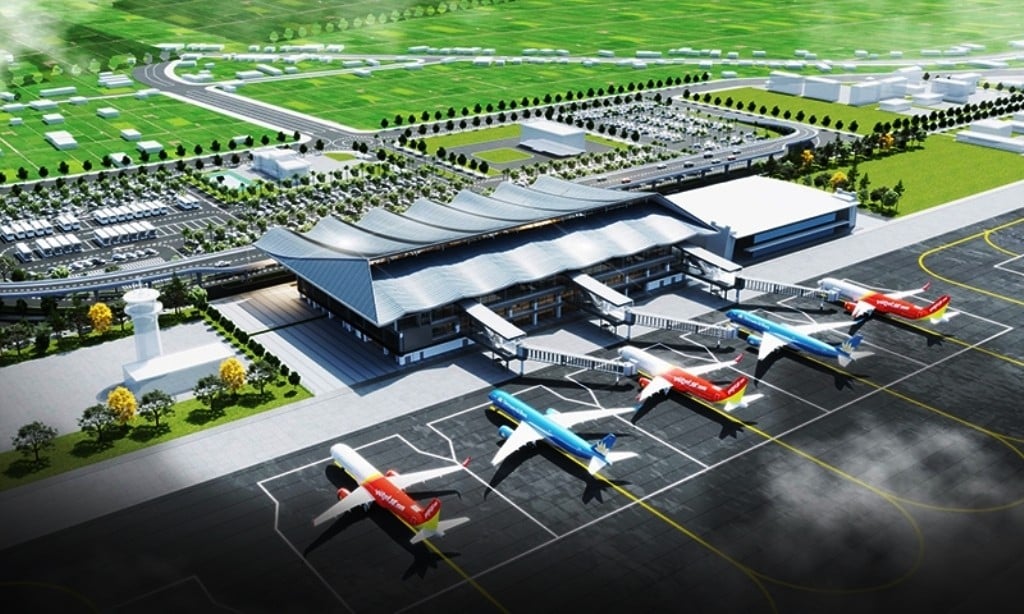








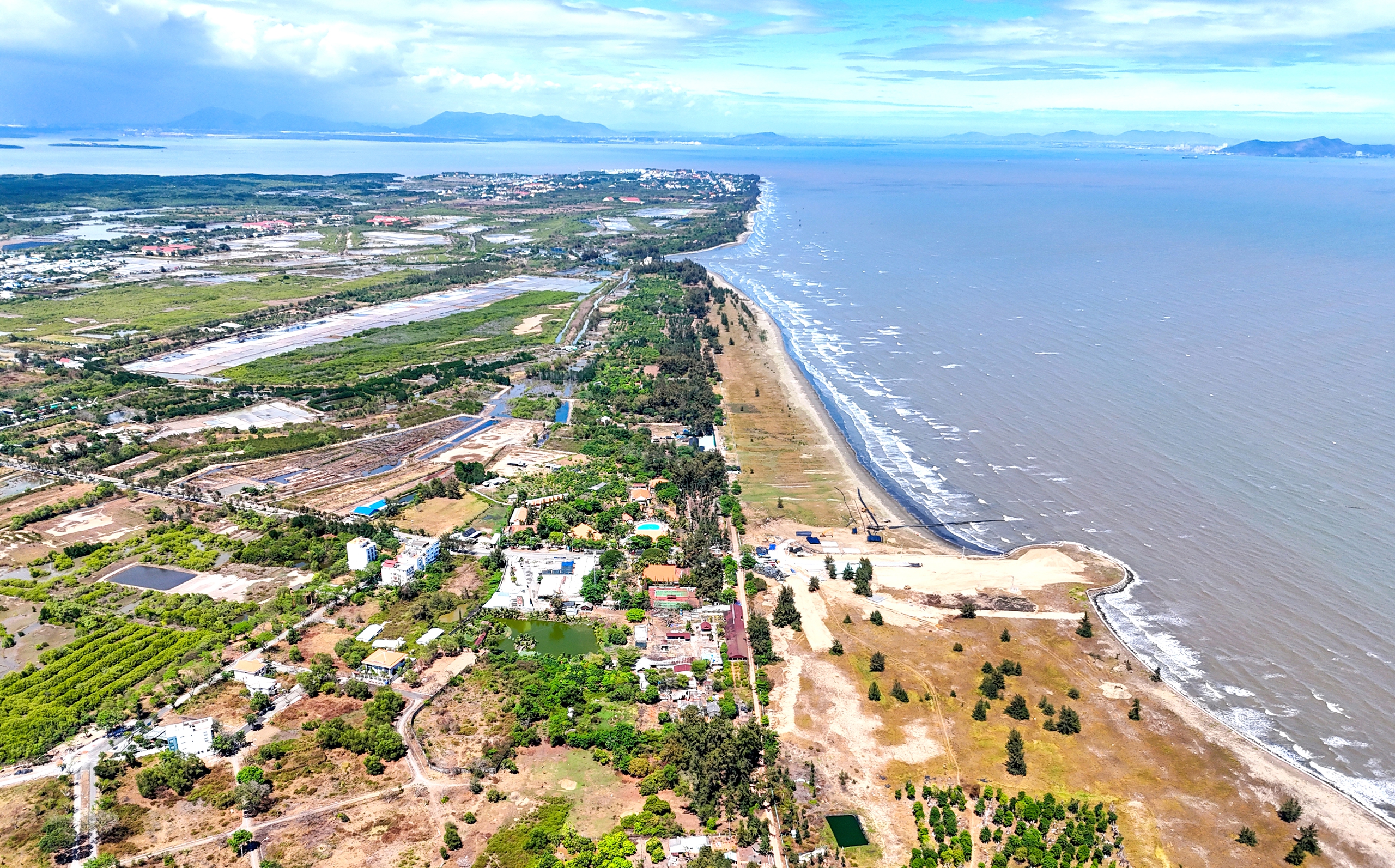









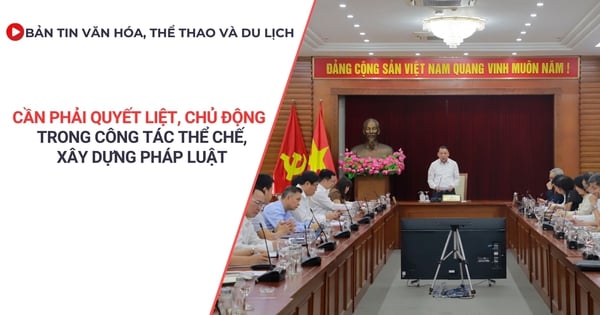




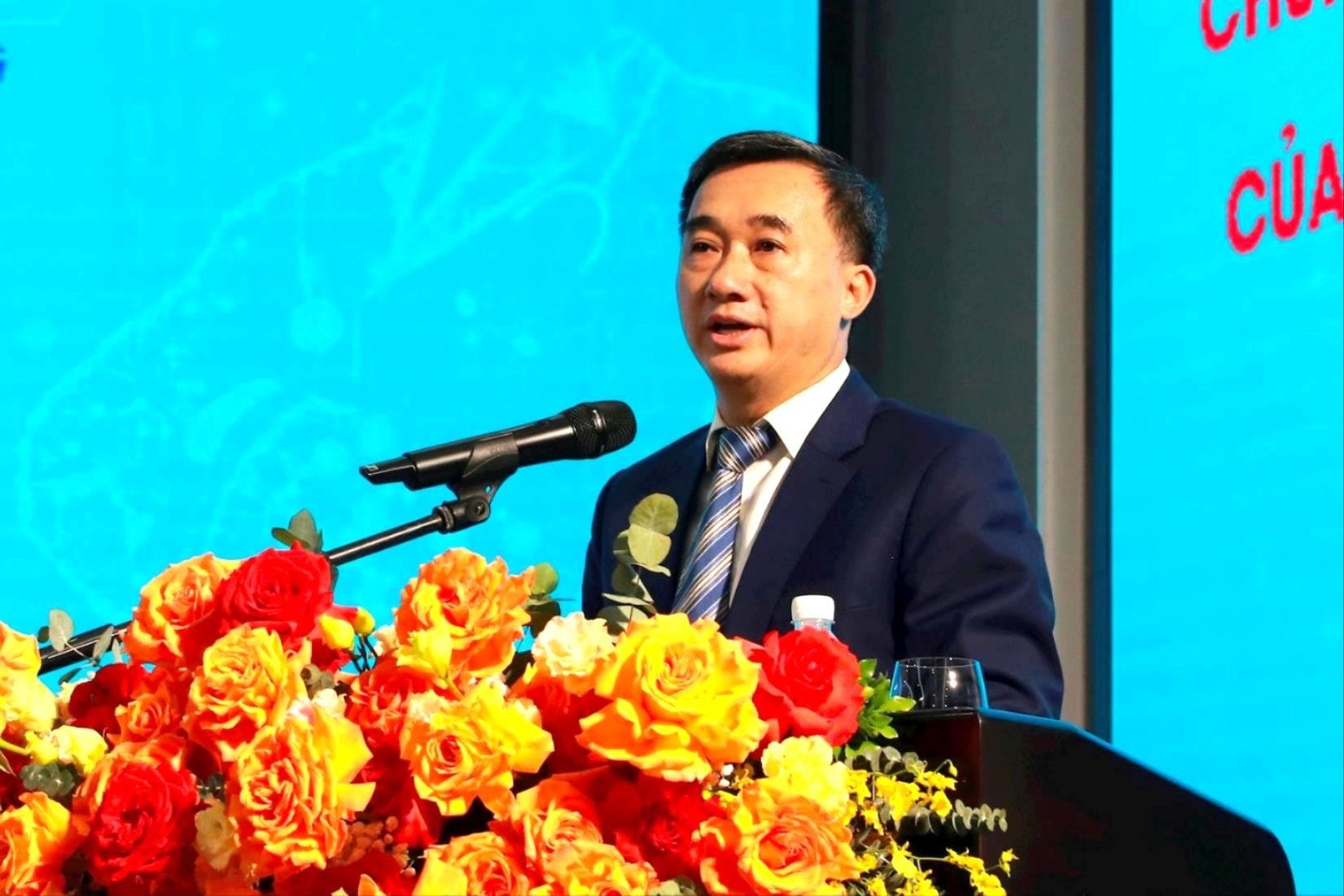

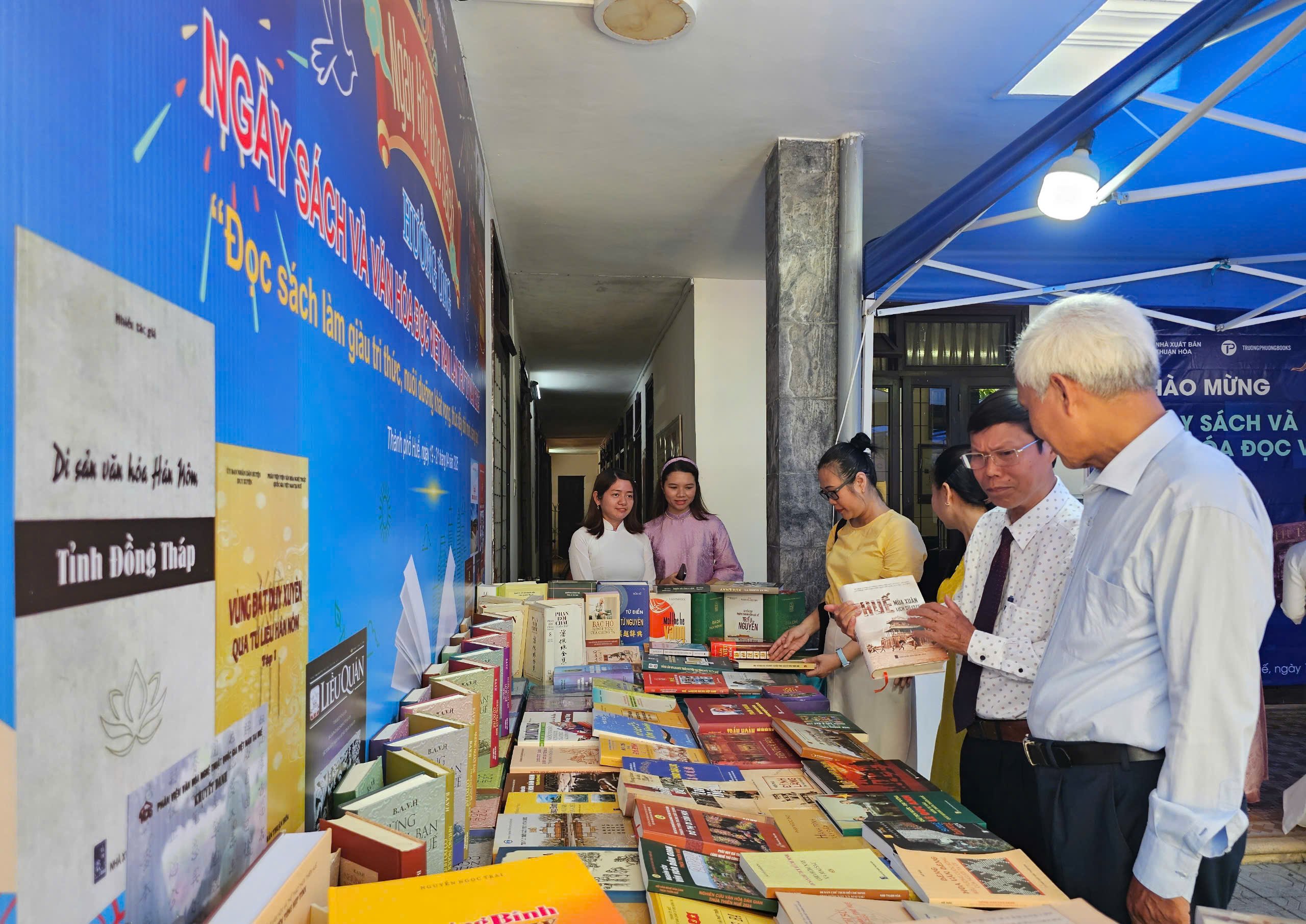

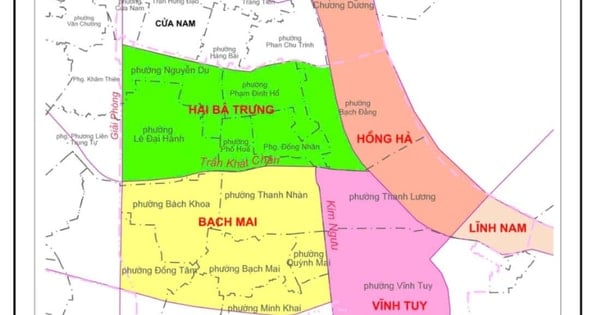



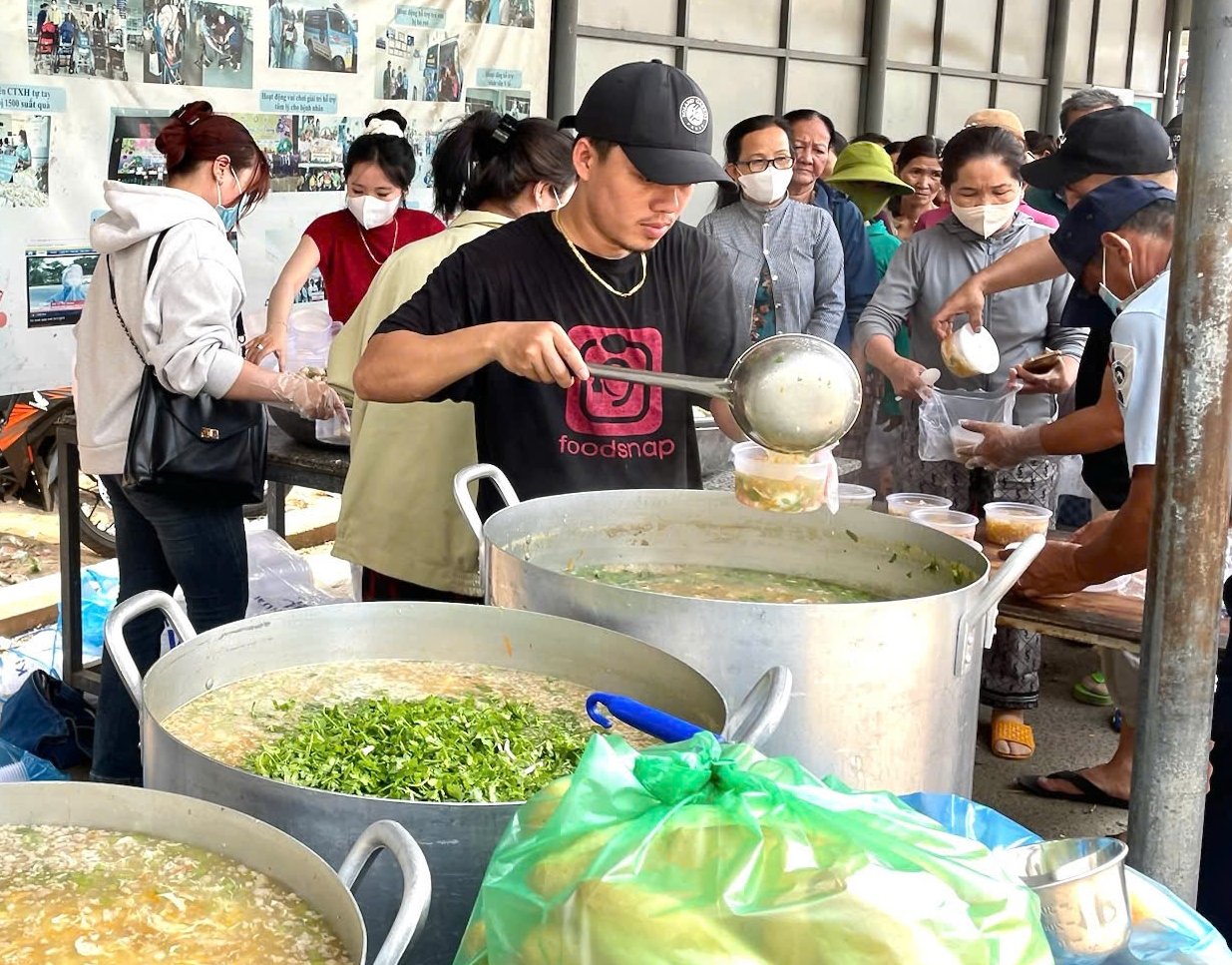









Comment (0)